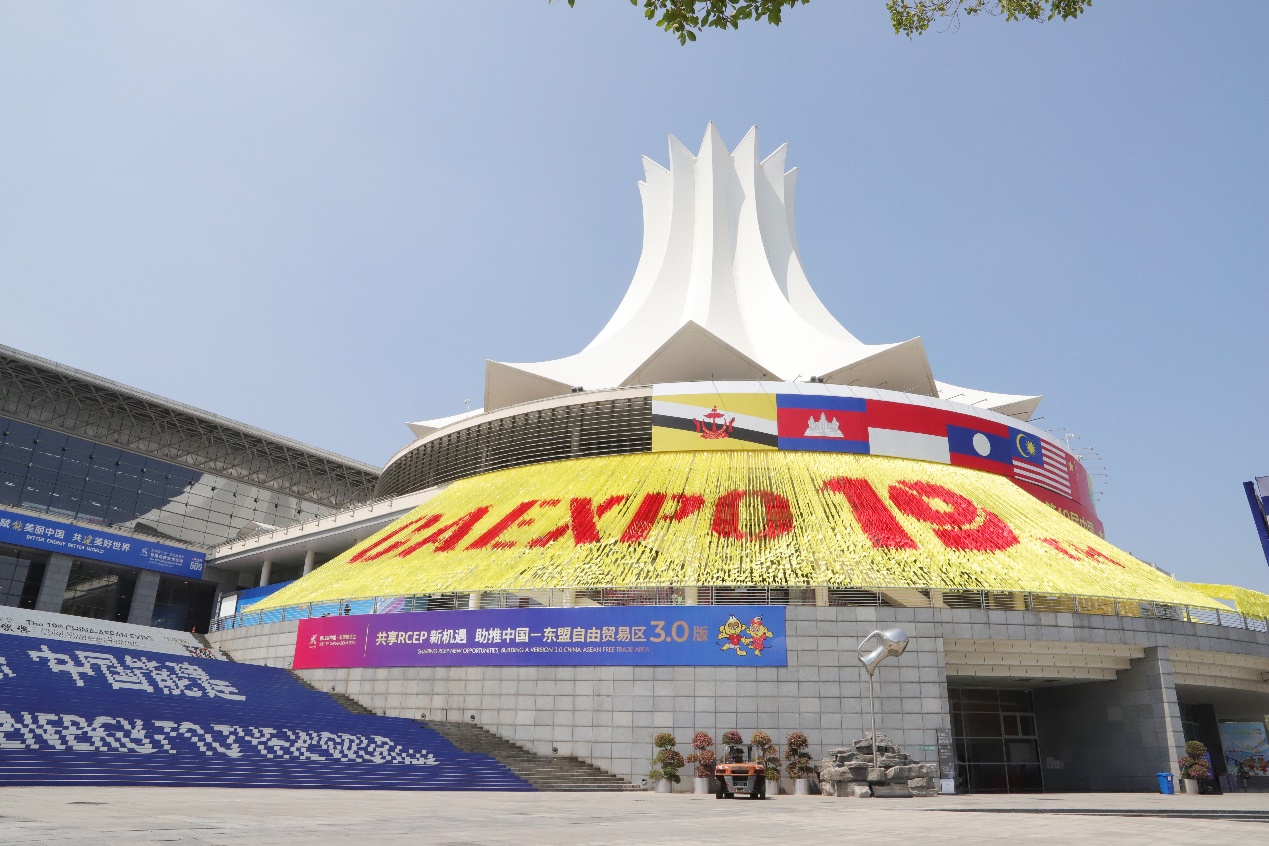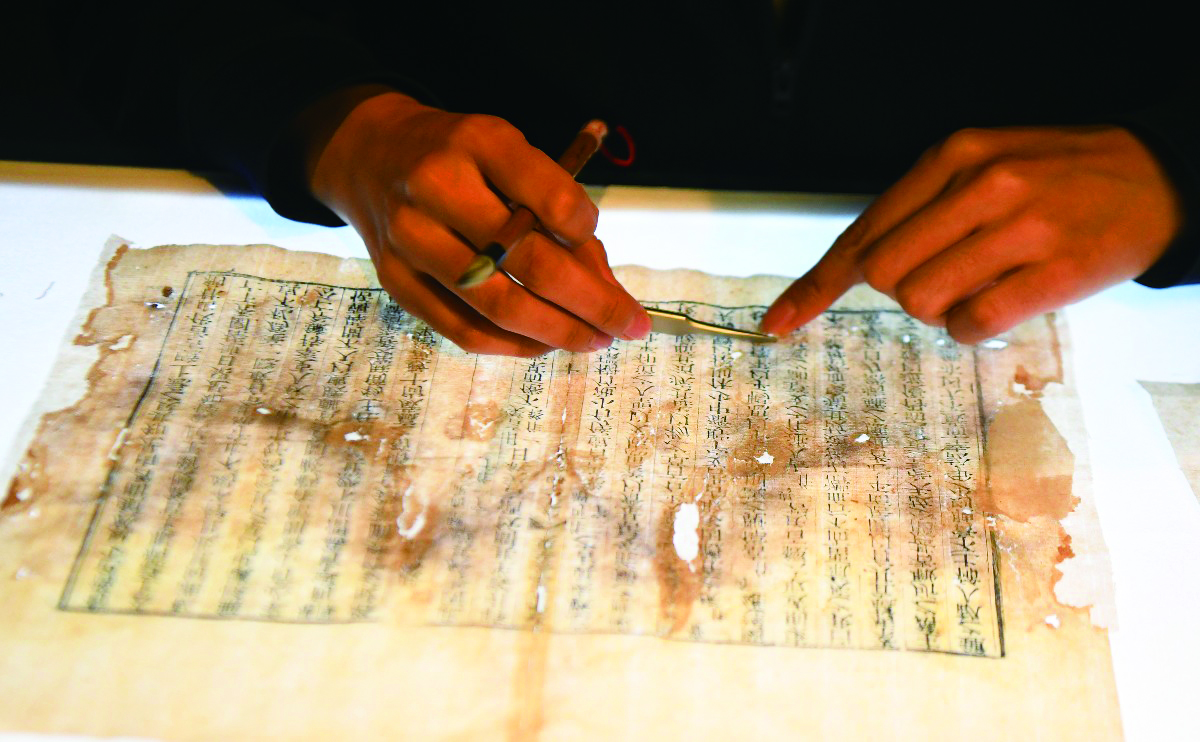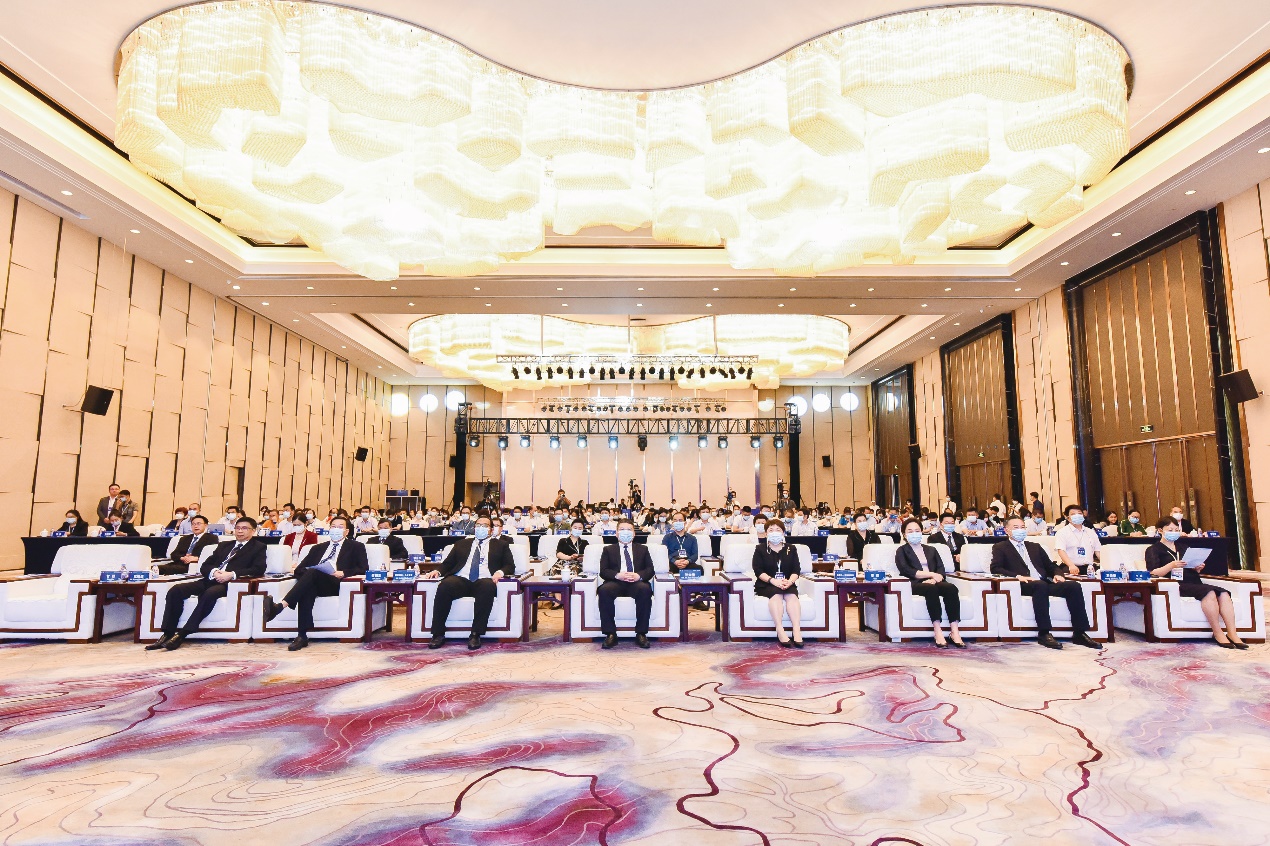HAVANA — Fidel Castro once called George W. Bush a “functional illiterate.” President Ronald Reagan was “the worst terrorist in the history of mankind,” Castro said, with ideas “from the Buffalo Bill era.”
Castro thrived on confrontation with U.S. leaders, and he almost surely would have enjoyed facing off against America’s next one. In his statement Saturday on Castro’s death, President-elect Donald Trumpdenounced him as “a brutal dictator,” and that’s the sort of dig that wouldn’t have gone unanswered in the past.
But brinkmanship and barb-throwing are not the forte of his successor, Raúl Castro, who replaced his elder sibling as president a decade ago. Raúl Castro, 85, has refrained from criticizing Trump and even sent congratulations after his win.
Raúl Castro’s plans to secure the legacy of his brother’s 1959 Cuban Revolution appear to be on a collision course with the incoming Trump administration, whose top members said Sunday that Cuba would have to make significant “changes” in order for the normalization path charted by President Obama to continue. Both Castros have long insisted they would never kneel to American pressure.
If tensions between Cuba and the United States ratchet up again under a Trump presidency, it would be a new stress test for Raúl Castro and his quieter, more austere leadership style. Cuba will enter the Trump era with Fidel Castro’s one-party socialist state firmly in command but without the supercharged politics and nationalist fervor he relied on to sustain it.
What does Fidel Castro's death mean for Cuba?
The Washington Post's Karen DeYoung explains Fidel Castro's legacy in Cuba, and how it will affect the country politically. (Peter Stevenson, Jhaan Elker/The Washington Post)
A return to more hostile relations with the United States could also bring a new crackdown in Cuba and further slow the pace of Raúl Castro’s modest liberalization measures at a time of stalling economic growth. Hard-liners in Cuba’s Communist Party would gladly take the country back to a simpler time, when the antagonism of the United States — not the failure of government policies — was to blame for the island’s problems, and the threat of attack, real or imagined, was used to justify authoritarian political control.
On Fox News Sunday, Reince Priebus, Trump’s incoming chief of staff, said, “There’s going to have to be some movement from Cuba in order to have a relationship with the United States.”
Castro would have to take steps to allow more political, economic and religious freedoms, Priebus said. “These things need to change in order to have open and free relationships, and that’s what President-elect Trump believes.”
Obama announced in December 2014 that the United States would reestablish diplomatic relations with Cuba, which were severed by President Dwight D. Eisenhower in 1961. Obama insisted that engagement with Cuba, including fewer restrictions on U.S. travel and trade, would facilitate the type of long-term democratic changes Washington had failed to bring about during a half-century of punitive sanctions.
[Facing new test, Cuba’s revolution circles back]
But Trump said during his campaign that Obama didn’t get a good “deal,” and Cuba must do more.
While only the U.S. Congress can lift the Cuba embargo, Trump could reverse many of the executive orders that have brought a surge of U.S. visitors here and a rush of new interest from U.S. companies.
If Trump moves to roll back those measures and attempts to apply more economic pressure, the Castro government could dig in. During the last major peak in U.S.-Cuba tensions in March 2003, when Fidel Castro was still in charge, he ordered the roundup of 75 dissidents, sentencing them to harsh prison terms.
A few weeks later, Castro crushed a spate of boat and airplane hijackings by Cubans trying to get to the United States, executing three men who commandeered a Havana passenger ferry and tried to steer it to Florida.
But Cuba was a tighter-run ship then, where few dared to criticize the government in public. The government’s security services are still pervasive, allowing no organized opposition, but the constant marching and mass rallies of Fidel Castro’s Cuba have mostly disappeared under the rule of his younger brother.
Also, the government’s monopoly on information has been broken. Millions of Cubans have cellphones, and more than 100 new WiFi hotspots across the island allow Cubans to go online and chat with friends and relatives abroad. Foreign television shows and news programming circulate widely on portable memory sticks.
Fidel Castro’s soaring rhetoric is no longer the soundtrack of Cuban public life. Raúl Castro delivers a speech every few months, choosing his words carefully and reading from a prepared text. A lifelong military man, he praises planning, modesty and preparation, and uses the word “improvisation” as a pejorative.
Those qualities helped facilitate the secret negotiations with the Obama administration on restoring relations, but they may not help him counter more aggressive language from President Trump. Raúl Castro doesn’t tweet, doesn’t give media interviews and shows no enthusiasm, unlike Fidel, for being in the spotlight. He could have a hard time leading younger Cubans back into the trenches of his older brother’s “anti-imperialism” with calls for more sacrifice and obedience.
[Cubans worry about what comes next after Fidel Castro’s death]
Then again, Cuban national pride remains a powerful force on the island, and nothing stirs it like a perceived threat from a swaggering American leader, said Arturo Lopez-Levy, a former Cuban intelligence analyst who teaches at the University of Texas at Rio Grande Valley.
“Even if there is no Fidel, do not underestimate the power of mobilization of Cuban nationalism,” Lopez-Levy said. Intense Cuban nationalism “preceded Fidel,” he said, “and it will survive as a major actor in Cuban politics well beyond his passing.”
At a small snack bar called “Los Afortunados” (“the Lucky Ones”) a group of young Cubans said Sunday that they feared Trump would take U.S.-Cuba relations into the past just as it seemed as though their lives were getting easier. If he restricted travel and the ability of Cubans in the United States to visit their relatives, “it would be terrible for our families,” said Yosbel Benitez, 30.
His friend Ricardo Marrero, 28, who emigrated to the United States in 2013, was back for a visit. Marrero hadn’t seen his wife and 4-year-old daughter in a year. But with the WiFi hotspots, he now sees them every day using the popular video chat app IMO. Two years earlier, it would have cost him $2 a minute to talk to them on the phone.
“It’s what gives me the strength to keep working hard to bring them over,” Marrero said.
Air travel is easier, too. On Monday the first commercial flight from Miami in 50 years will land in Havana, and fares are less than half the price they are on the restrictive charter flights that have been the only option until now.
Marrero wasn’t eligible to vote in Florida, but he said he liked Trump and told his friends and family members not to fear the president-elect’s plans for Cuba. “He’s a businessman,” he said. “He understands.”
The snack bar, one of the types of privately run businesses permitted under Raúl Castro, is directly across from the U.S. diplomatic compound, which Obama restored to full embassy status last year.
Canada, Mexico and other nations had lowered the flags Sunday at their embassies in Havana in tribute to Fidel Castro, but the U.S. flag was snapping in the wind at the top of the pole.







